Since the spy organization is such a huge part of the Mission: Impossible films, questions have been raised about whether the IMF actually exists. The IMF includes highly trained agents and high-ranking officials who are in charge of the organization's missions. Given that the Mission: Impossible movies were meant to be standalone films, every installment has a new supporting cast and new IMF director who bring their own spin to the role.
5 Eugene Kittridge
Eugene Kittridge, played by Henry Czerny, was the director of the IMF in the 1996 movie, Mission: Impossible. Although Kittridge was a good guy in the movie, he was a foil to Ethan Hunt. The director of the IMF accused Hunt of being a mole and wrongly arrested his mum to get to him. Hunt and the head of the intelligence agency had a contentious relationship and Kittridge was determined to prove that Hunt wasn't as good as everyone thought he was.
Throughout Mission: Impossible, Kittridge tries to capture Hunt, until the movie's conclusion when the agent proves that Jim Phelps was actually the mole and delivers the NOC list.
Kittridge left the IMF and was replaced by Anthony Hopkins’ Swanbeck in the second Mission: Impossible film.
In an interesting turn of events, Kittridge returned in Mission: Impossible 7. Even though Kittridge returned as head of the IMF in the seventh installment of the franchise, not much is known about what he was doing during his absence. Czerny offered some insight into what he thought Kittridge had been up to after he left the IMF. According to the actor, Kittridge had worked for different intelligence agencies and had kept tabs on Ethan (via Slashfilm).
Related
Eugene Kittridge was the director of the IMF in the first Mission: Impossible movie in 1996, but after wrongly accusing Ethan Hunt, he disappeared.
Following Hunley’s death in Mission: Impossible 6, the IMF was once again without a director. Kittridge re-appeared in Mission: Impossible - Dead Reckoning Part One, briefing the head of the National Intelligence on what the IMF does. During the meeting, it was revealed that Kittridge took over Erika Sloane’s job as the Director of the CIA. While Kittridge and Hunt had a difficult relationship in Mission: Impossible, they are actually allies in Dead Reckoning Part One. In fact, Kittridge was the one who recruited Hunt to help track down the key that every world leader was looking for.
The fact that Hunt told Grace she could trust Kittridge showed how far their relationship has come since the events of Mission: Impossible. Ethan's plan in Mission: Impossible 7 was to destroy the key, while Kittridge wanted to use it to control the world. Since Hunt and Kittridge had different views on what to do with the key, the two will likely be at odds again in Mission: Impossible — Dead Reckoning Part Two.
4 Swanbeck
Portrayed by the iconic actor, Anthony Hopkins, Swanbeck replaced Eugene Kittridge as the director of the IMF in Mission: Impossible II. Swanbeck first appeared in Mission: Impossible II as a voiceover after Hunt’s famous rock climbing scene. Like his predecessor, Swanbeck didn't have a lot of screen time in the film, although he was Hunt’s boss and therefore in charge of the mission. As director of the IMF in Mission: Impossible II, Swanbeck was the one who gives Hunt his mission, which involved retrieving a stolen item that contained the synthetic virus, Chimera.
Although Swanbeck was an intense and intriguing director of the IMF, he didn't return to the spy franchise after Mission: Impossible II. There wasn't any official explanation for why Anthony Hopkins didn't reprise his role as Swanbeck in the franchise. Hopkins wasn't even credited for his role in the film. While Swanbeck’s absence was noticeable in the subsequent Mission: Impossible films, it was actually on brand with the films, since most of the directors don't reprise their roles in the franchise.
Given that Anthony Hopkins is a renowned actor, it was disappointing that he didn't reprise his role as IMF’s director in Mission: Impossible III. However, the change in IMF directors does make sense because the movie took on a different tone after Hopkins’ role and John Woo’s hand in the films. The change in Mission: Impossible directors typically meant that the franchise would be moving in a different direction, and having different characters as the head of the IMF reflected that. Swanbeck was replaced by Theodore Brassel in Mission: Impossible III.
3 Theodore Brassel
Theodore Brassel, portrayed by Laurence Fishburne, replaced Swanbeck as the head of the Impossible Missions Force in the third installment of the franchise. In Mission: Impossible III, Brassel recruits Ethan Hunt to capture the movie’s primary antagonist, Owen Davian, something he's been trying to do since he became the director of the IMF. While on his mission, Hunt discovered a video that painted Brassel as a mole in the spy organization who was working with Davian. By the movie's conclusion, it was revealed that Brassel wasn't the mole, it was actually Joghn Musgrave.
Brassel may not have turned out to be the mole, but it was easy to believe that he was given how hard he was on Hunt and how the people in the IMF were often the bad guys. Despite Brassel and Hunt having a contentious relationship throughout the film, the two eventually made up. Since Brassel had promised Ethan Hunt that he would explain what Rabbit’s Foot was at the end of Mission: Impossible III, it seemed like he would be returning for the sequel. However, Tom Wilkinson became the director of the IMF in Mission: Impossible - Ghost Protocol.
2 Undisclosed Name
In Mission: Impossible — Ghost Protocol, Tom Wilkinson played the role of the director of the IMF whose name wasn't revealed in the film. The director of the IMF briefly appears in the film when he meets Ethan Hunt at a rendezvous point. While in transit and accompanied by Jeremy Renner’s William Brandt, the head of the IMF briefed Ethan that their spy organization was being blamed for the bombing of the Kremlin and that the president was disavowing the IMF.
Related
Mission: Impossible 7 is bringing back Henry Czerny as Ethan Hunt's old IMF boss, Kittridge, and it could mean big things for the franchise.
He proceeded to let the spy know that he could either be tried by the Department of Defense, or he could escape and try to find Cobalt and bring him to justice. Unfortunately, their car is ambushed, and Ethan's boss and the driver are shot, plunging into icy water that ultimately leads to their death. Like Anthony Hopkins, Wilkinson wasn't credited for his role in the fourth installment of the franchise. Due to their brief interaction in Mission: Impossible — Ghost Protocol, not much is known about Hunt's relationship with his boss. However, it did seem like they got along since the director did try to save him.
1 Alan Hunley
In Mission: Impossible — Rogue Nation, a new IMF director, Alan Hunley, became the leader of the spy agency. Hunley is first seen in Mission: Impossible 5 when he appeared to the Senate Committee and asked them to dissolve the IMF as he believed it was a dangerous organization prone to breaking rules after what happened at the Kremlin. The Senate Committee agreed and dissolved the spy organization and Hunley proceeded to hunt Ethan down. His dislike for the IMF and Ethan Hunt was so apparent that he would stop at nothing to find him.
Six months after Hunley began the search for Hunt, the director of the CIA was still unaware of the whereabouts of the rogue agent. As the movie concluded, Hunley and Hunt met and the director was forced to agree that the Syndicate was actually real and not a figment of Hunt's imagination. He later went back to the Senate Committee and had the IMF reinstated, with him as the head. Unlike previous IMF directors, Hunley actually had a lot of screen time in Mission: Impossible 5 and played a significant role in the film.
Related
The franchise's highly-skilled IMF agents were first introduced in 1996, but how many have been killed across all the Mission: Impossible movies?
Since Mission: Impossible 5 ended with Hunley as the director, audiences didn't really get to see him in the role, so it made sense that he returned in the sequel. Hunley’s return to the sixth film broke a Mission: Impossible trend because the movies usually had different IMF directors in every installment. In Mission: Impossible 6, Hunley had a softer side and did his best to protect his agents. It's also worth noting that the director Christopher McQuarrie's return in the film played a part in some kind of continuation of Hunley's arc.
In Mission: Impossible — Fallout, Hunley had been the IMF director for two years, and this time he sent Ethan on a mission to recover Plutonium. Unlike in Mission Impossible 5, Hunley didn't have a lot of screen time, but his relationship with Ethan had significantly improved, which allowed for better collaboration. It was clear that Baldwin's character had fully turned his initial impression of Cruise's hero, as he trusted him in the agency. Unfortunately, Hunley was stabbed by August Walker and succumbed to his injuries. This effectively ended his stint as the IMF leader.
Sources: Slashfilm
The Mission: Impossible franchise is an American action spy series that began with the 1996 film Mission: Impossible and has since become one of the most successful and long-running franchises in Hollywood. The films follow Ethan Hunt, an agent of the Impossible Missions Force (IMF), as he takes on various high-stakes missions around the world, often involving intricate heists, double-crosses, and death-defying stunts. The franchise is renowned for its intense action sequences, particularly those performed by Tom Cruise, who insists on doing many of his own stunts.
Created by Bruce Geller , David Koepp , Steven Zaillian , Robert Towne , Christopher McQuarrie , Tom Cruise First TV Show Mission: Impossible
Character(s) Ethan Hunt , Luther Stickell , Benji Dunn , Ilsa Faust , Eugene Kittridge , Grace , Alanna Mitsopolis
Summary
The Mission: Impossible franchise is an American action spy series that began with the 1996 film Mission: Impossible and has since become one of the most successful and long-running franchises in Hollywood. The films follow Ethan Hunt, an agent of the Impossible Missions Force (IMF), as he takes on various high-stakes missions around the world, often involving intricate heists, double-crosses, and death-defying stunts. The franchise is renowned for its intense action sequences, particularly those performed by Tom Cruise, who insists on doing many of his own stunts.

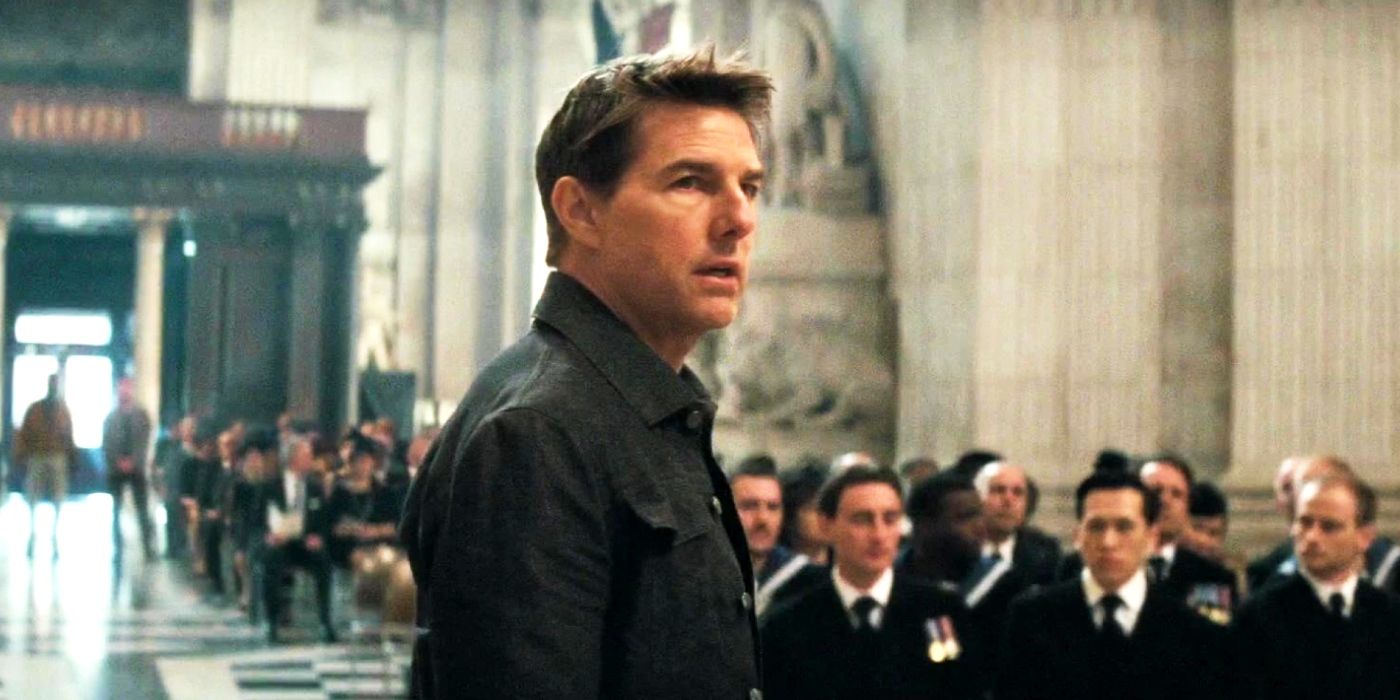

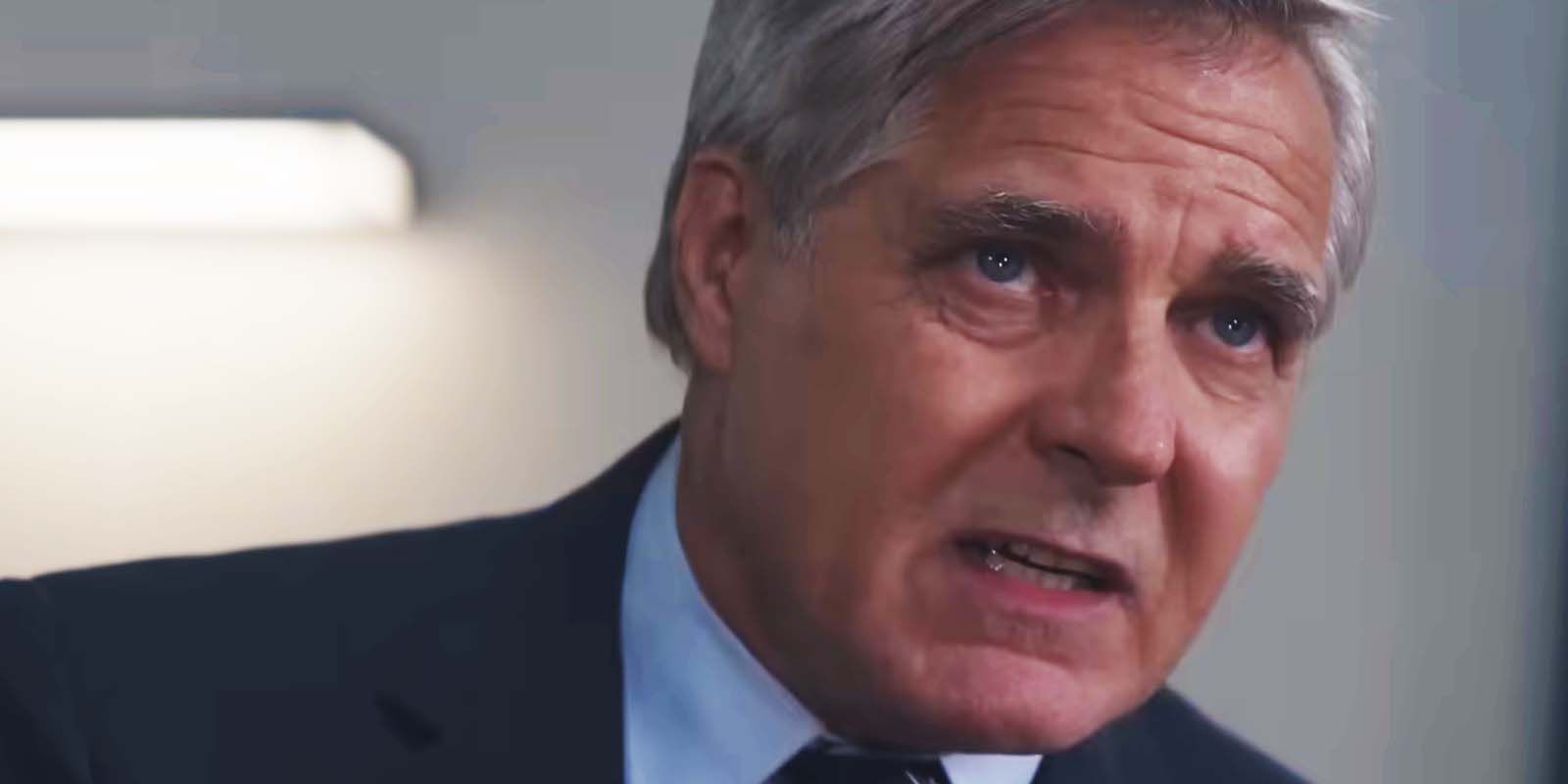
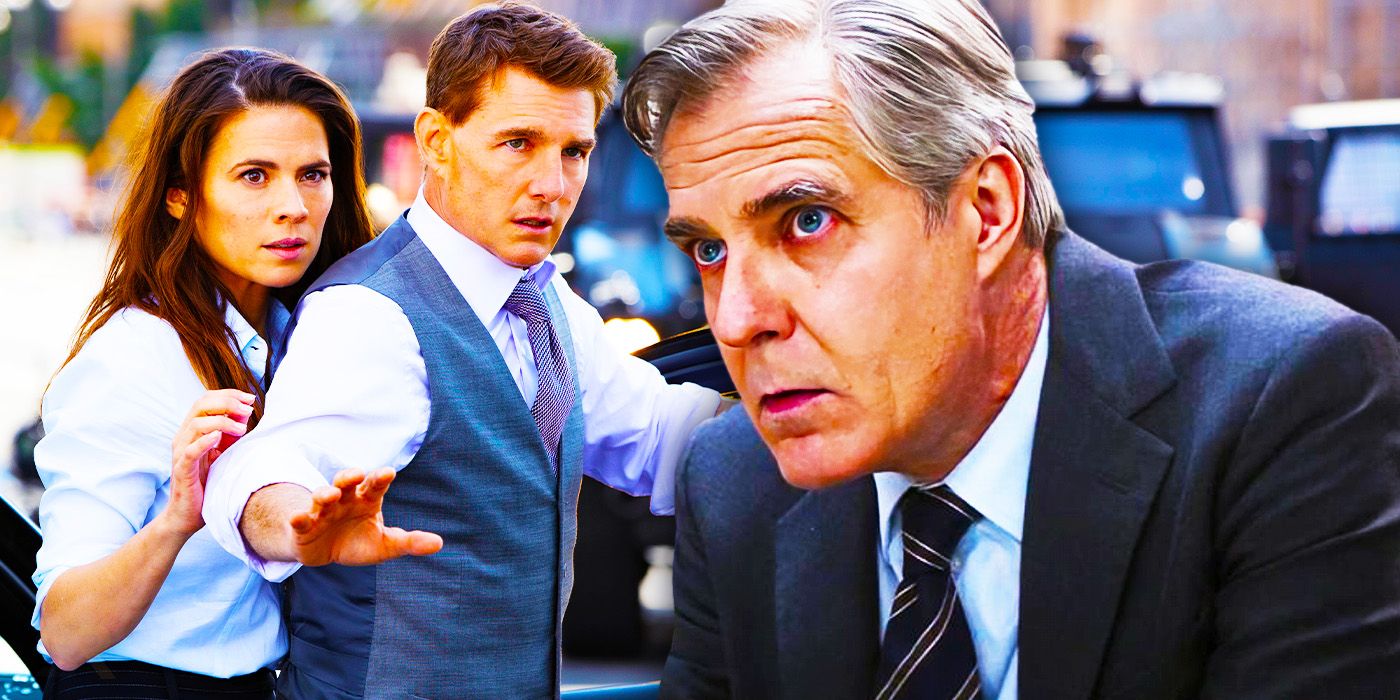
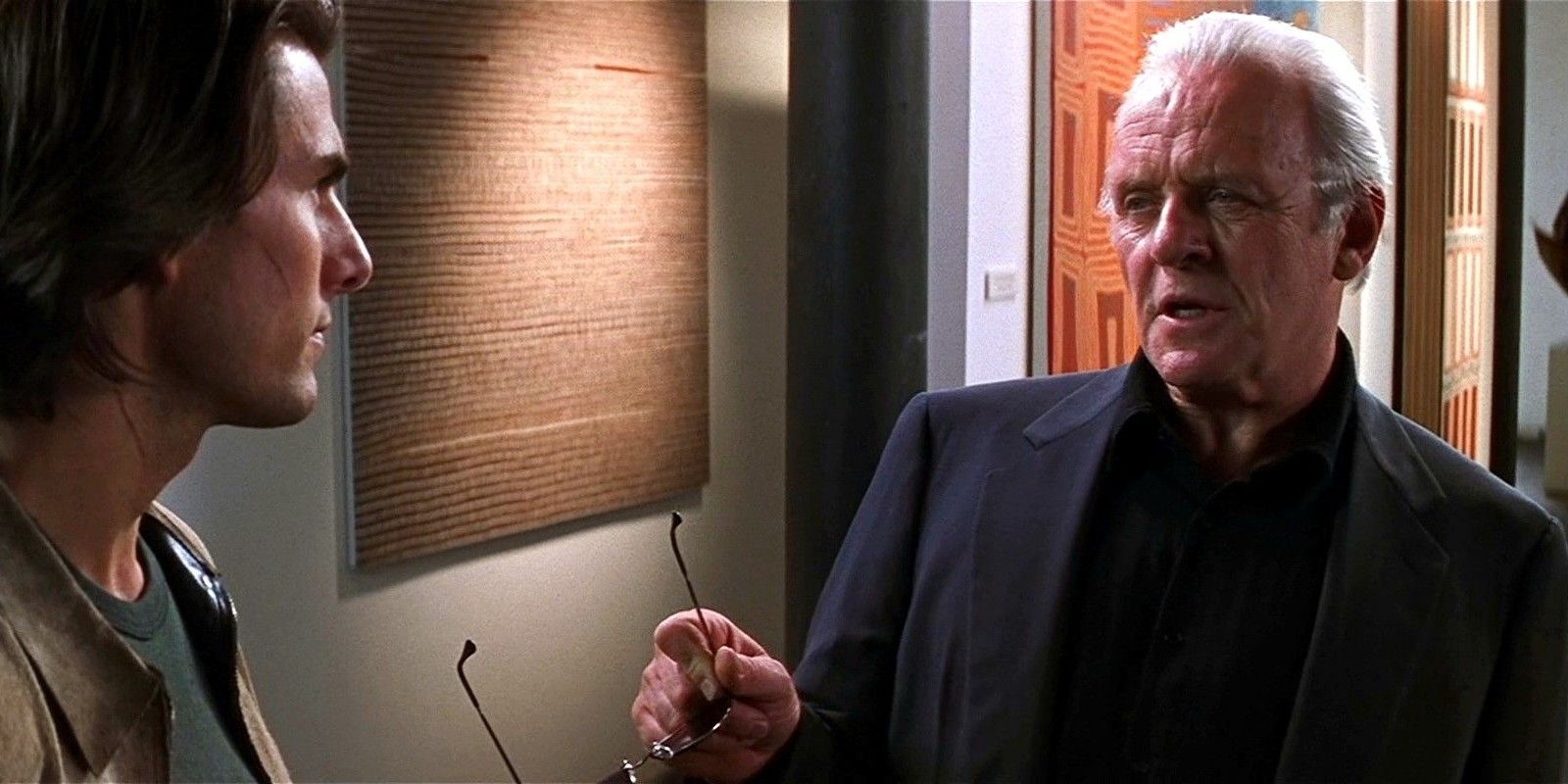
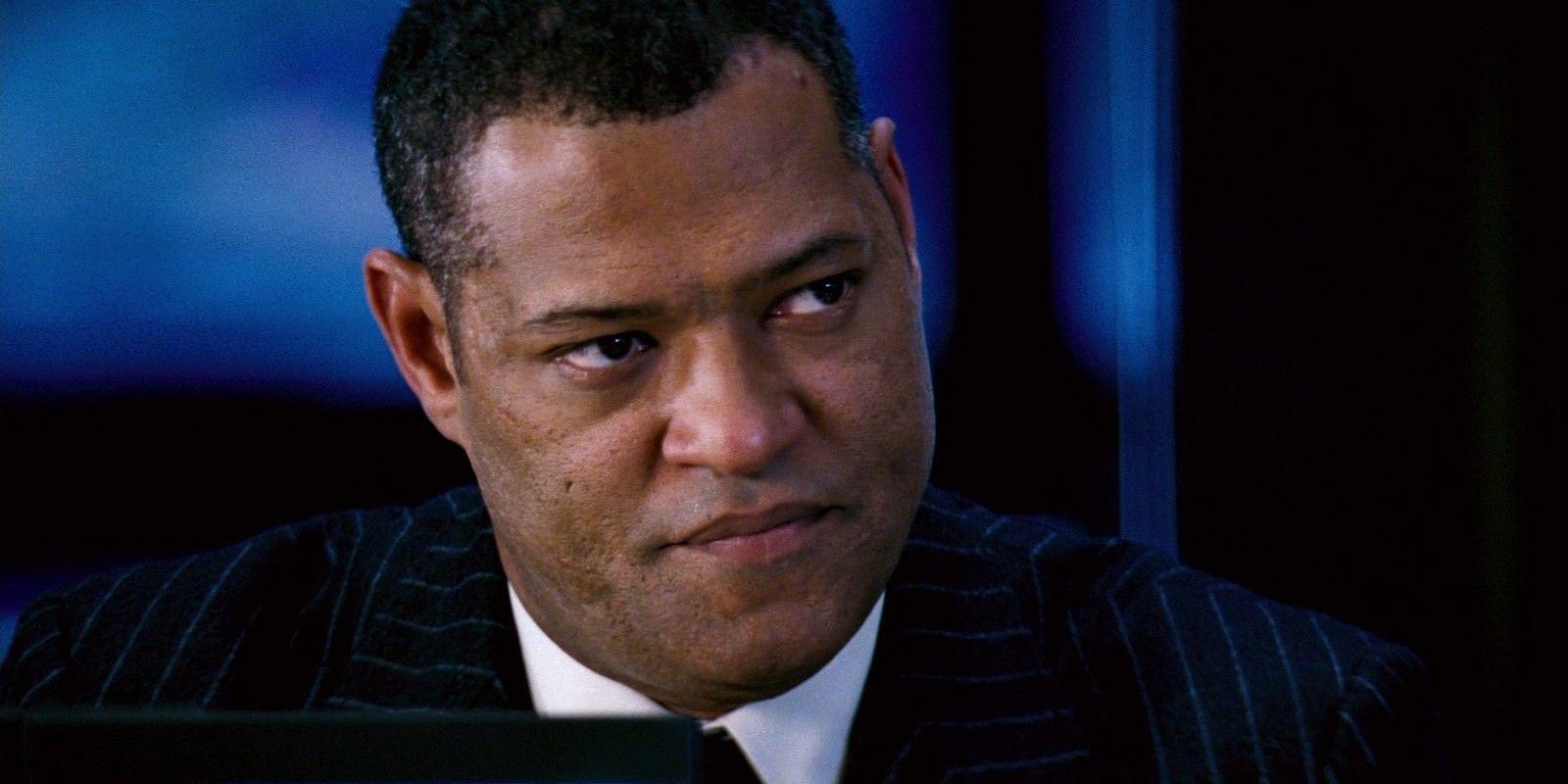
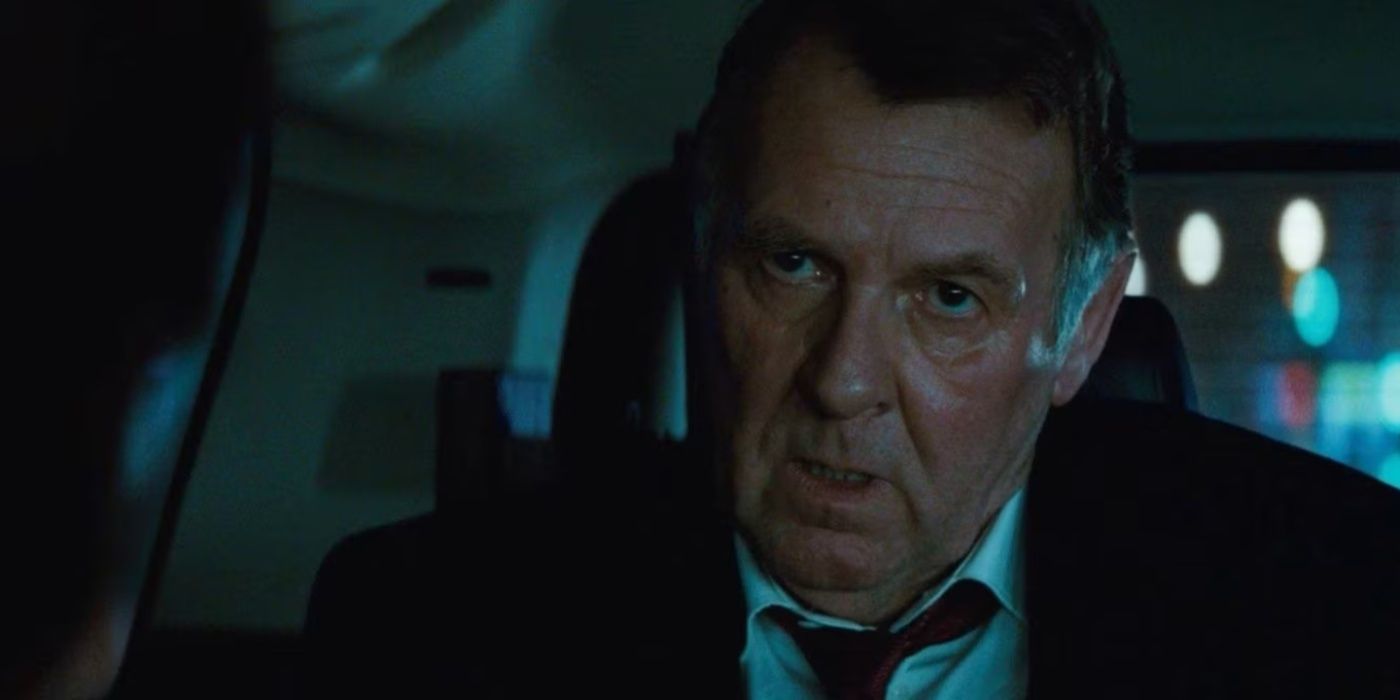
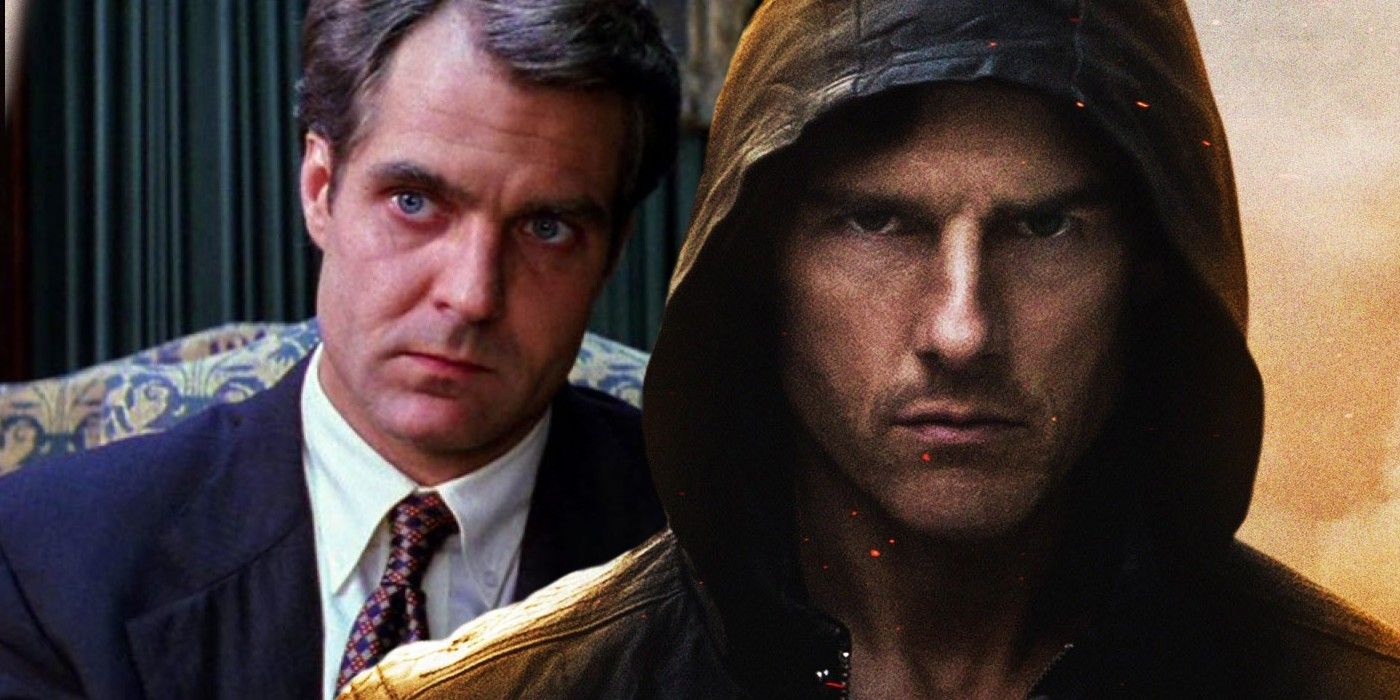
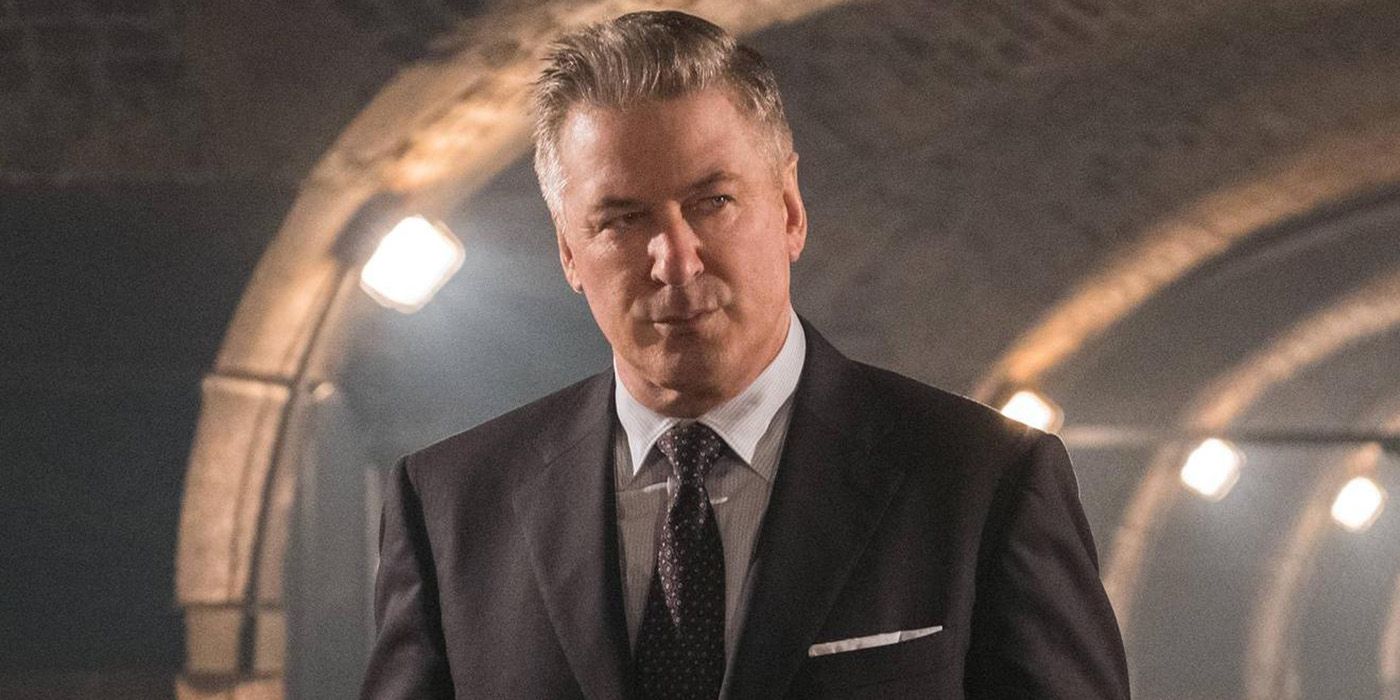
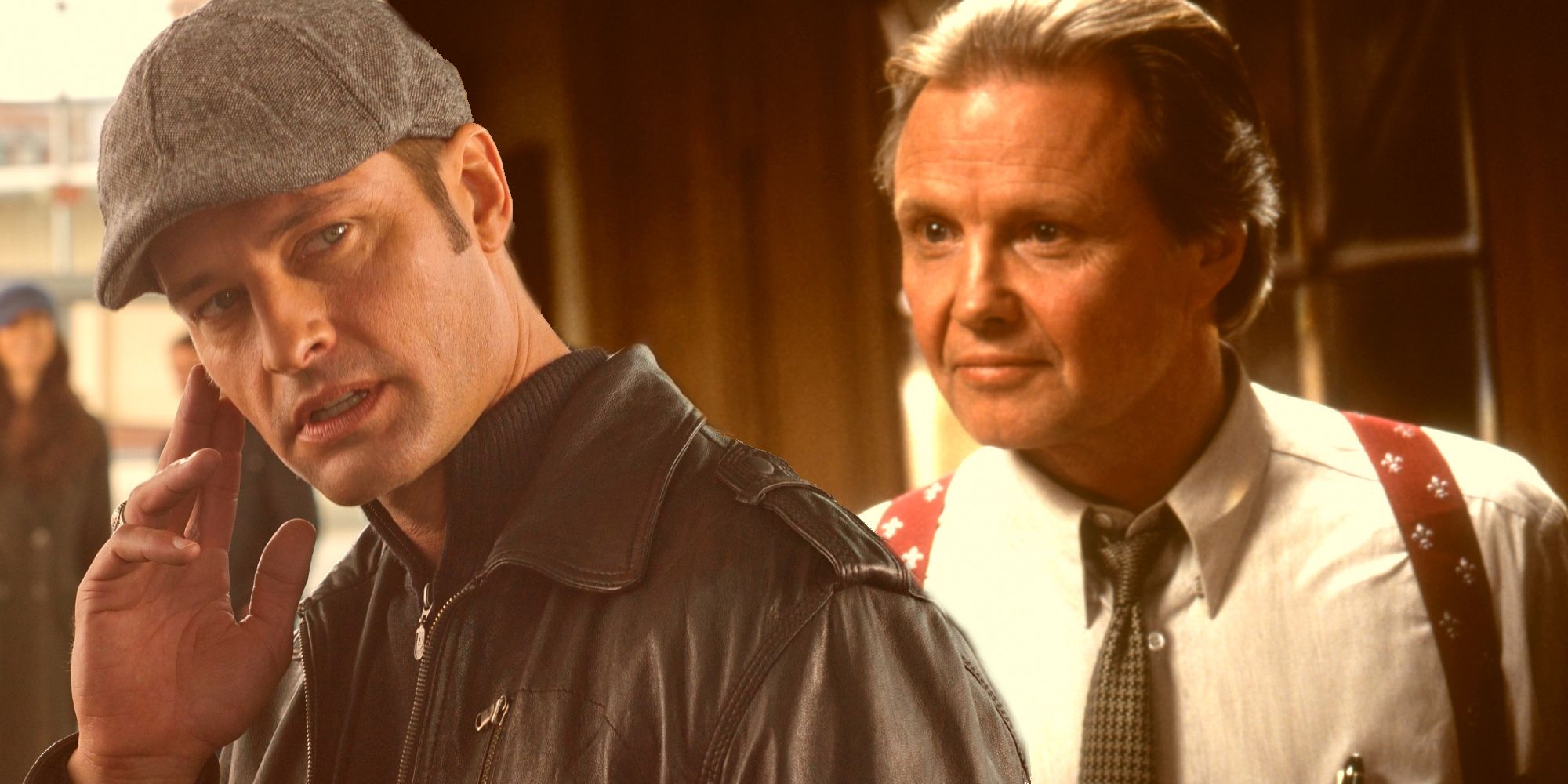
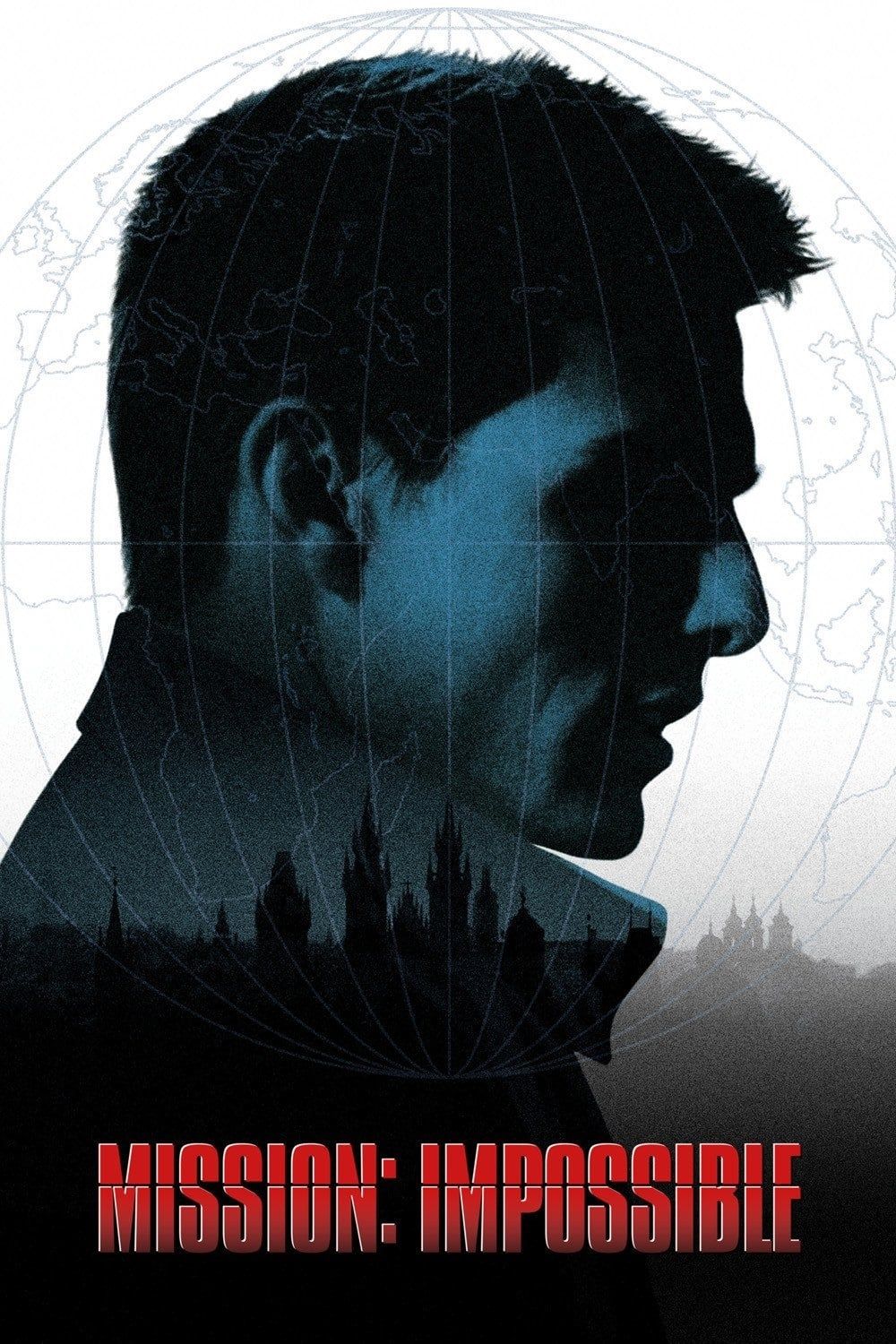
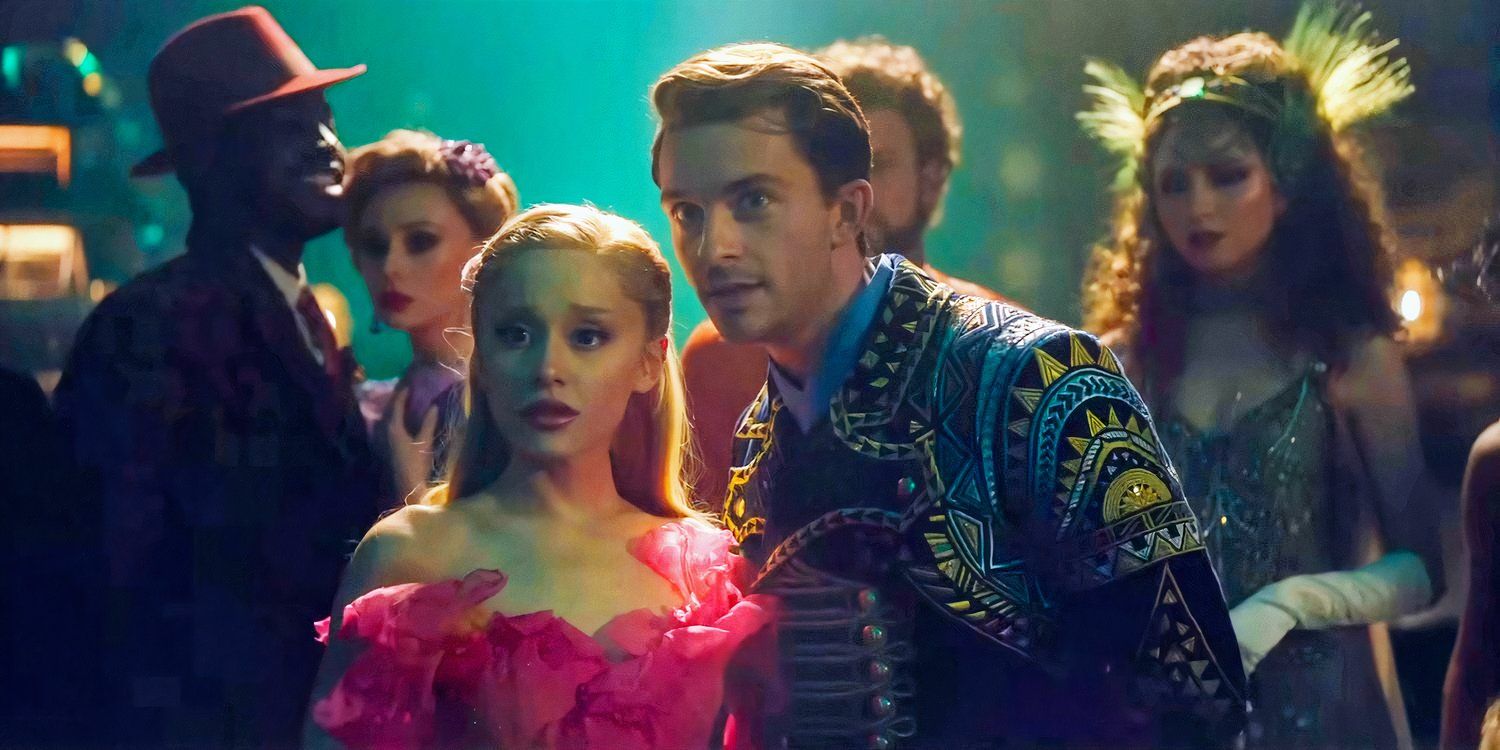
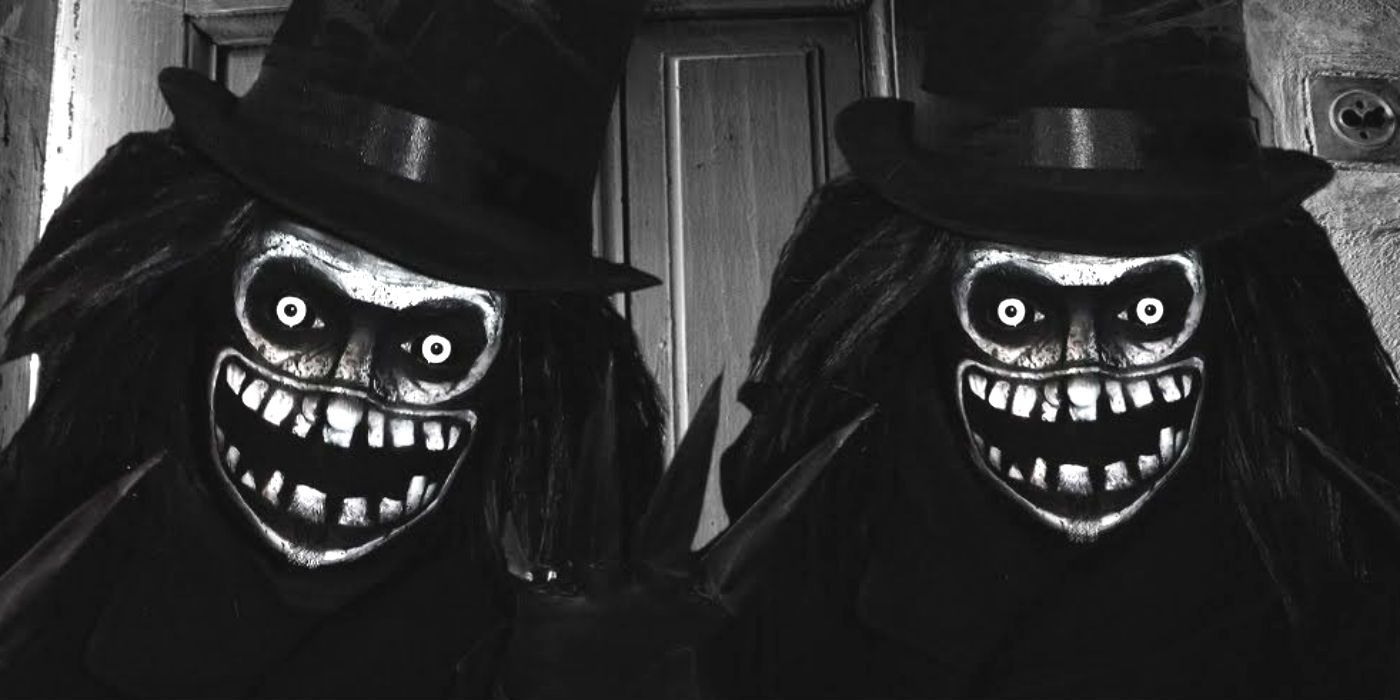
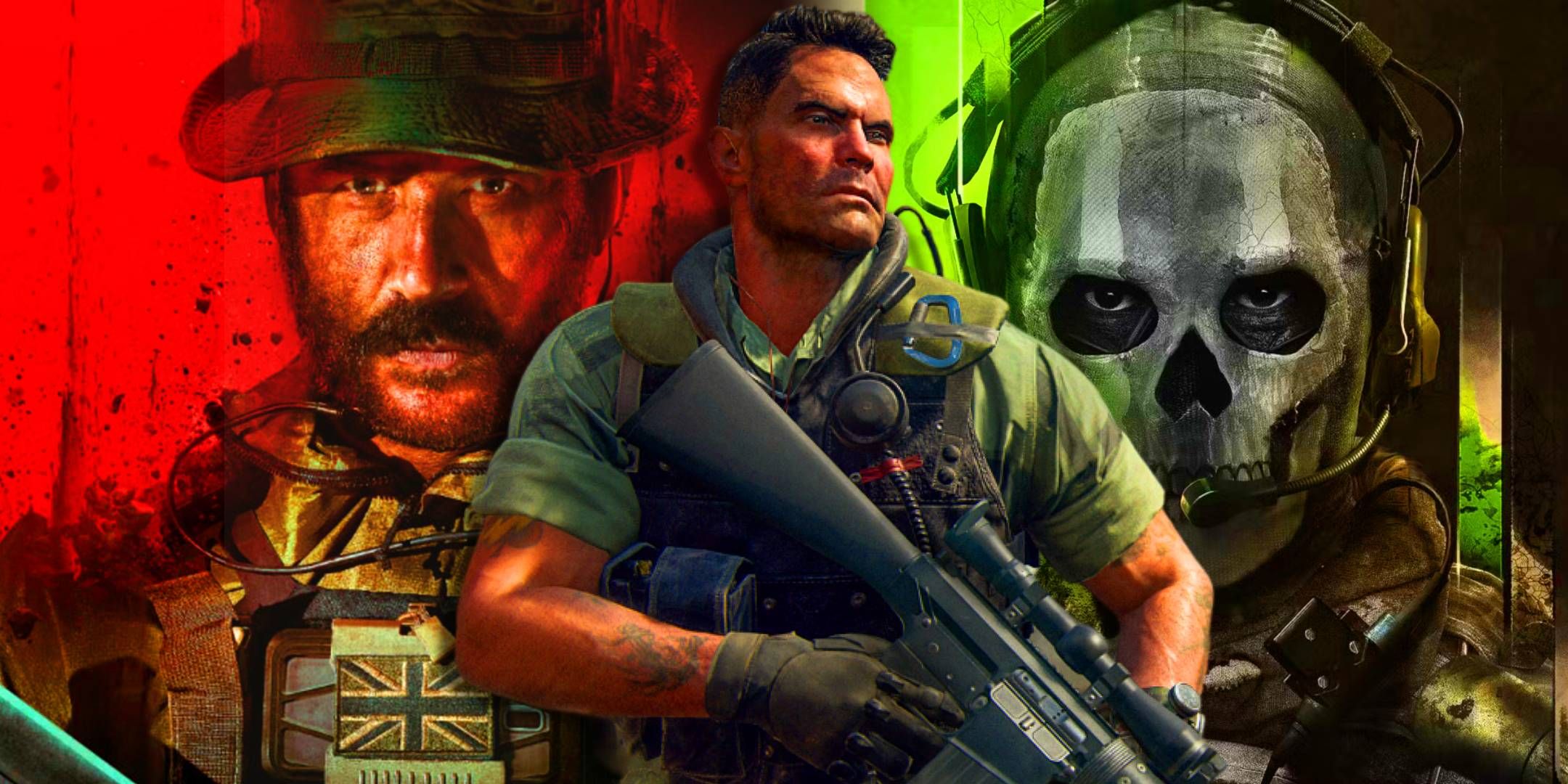
:quality(85):upscale()/2024/10/29/957/n/1922441/c62aba6367215ab0493352.74567072_.jpg)
:quality(85):upscale()/2021/07/06/971/n/1922153/7d765d9b60e4d6de38e888.19462749_.png)

:quality(85):upscale()/2024/10/29/987/n/49351082/3e0e51c1672164bfe300c1.01385001_.jpg)

 English (US) ·
English (US) ·